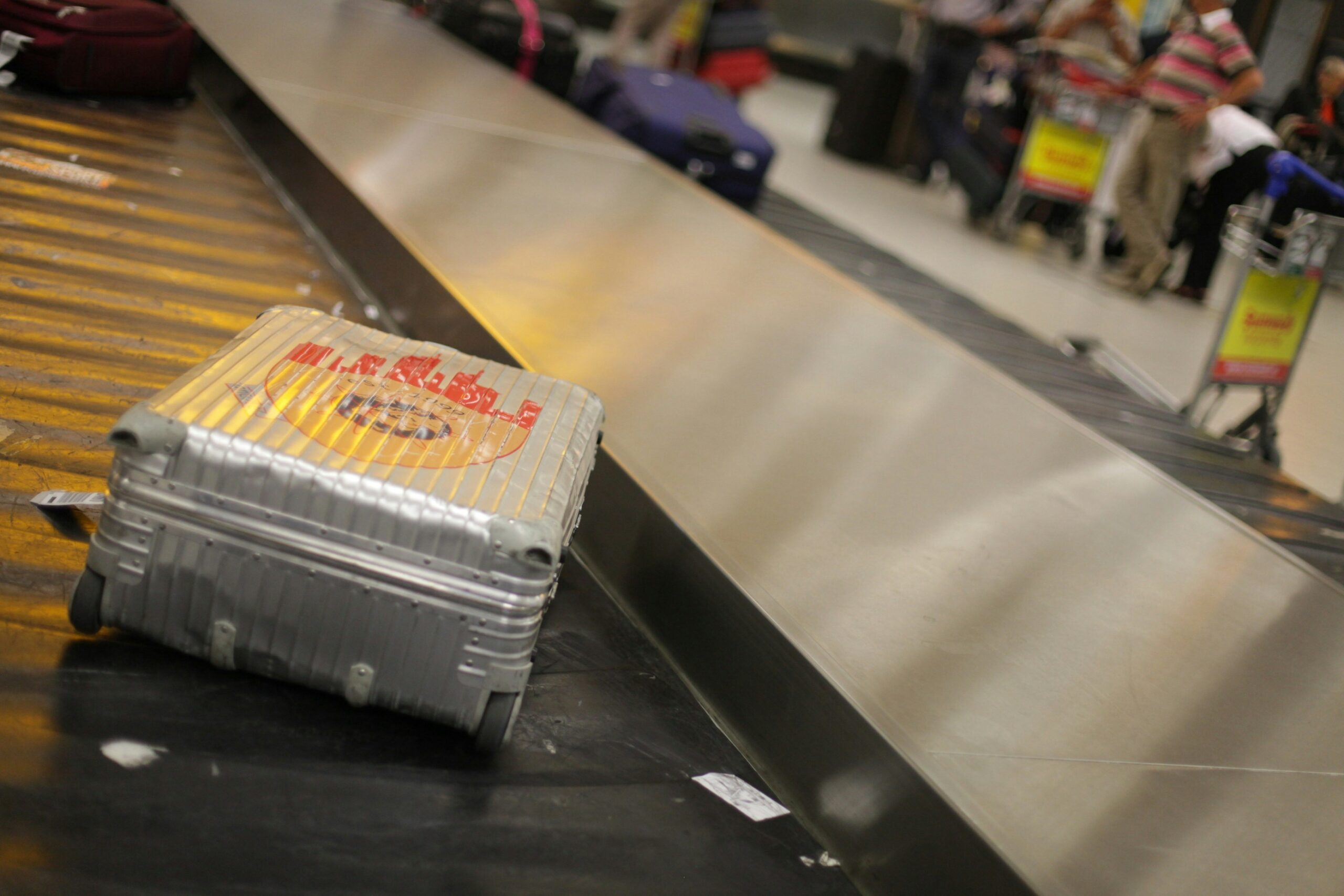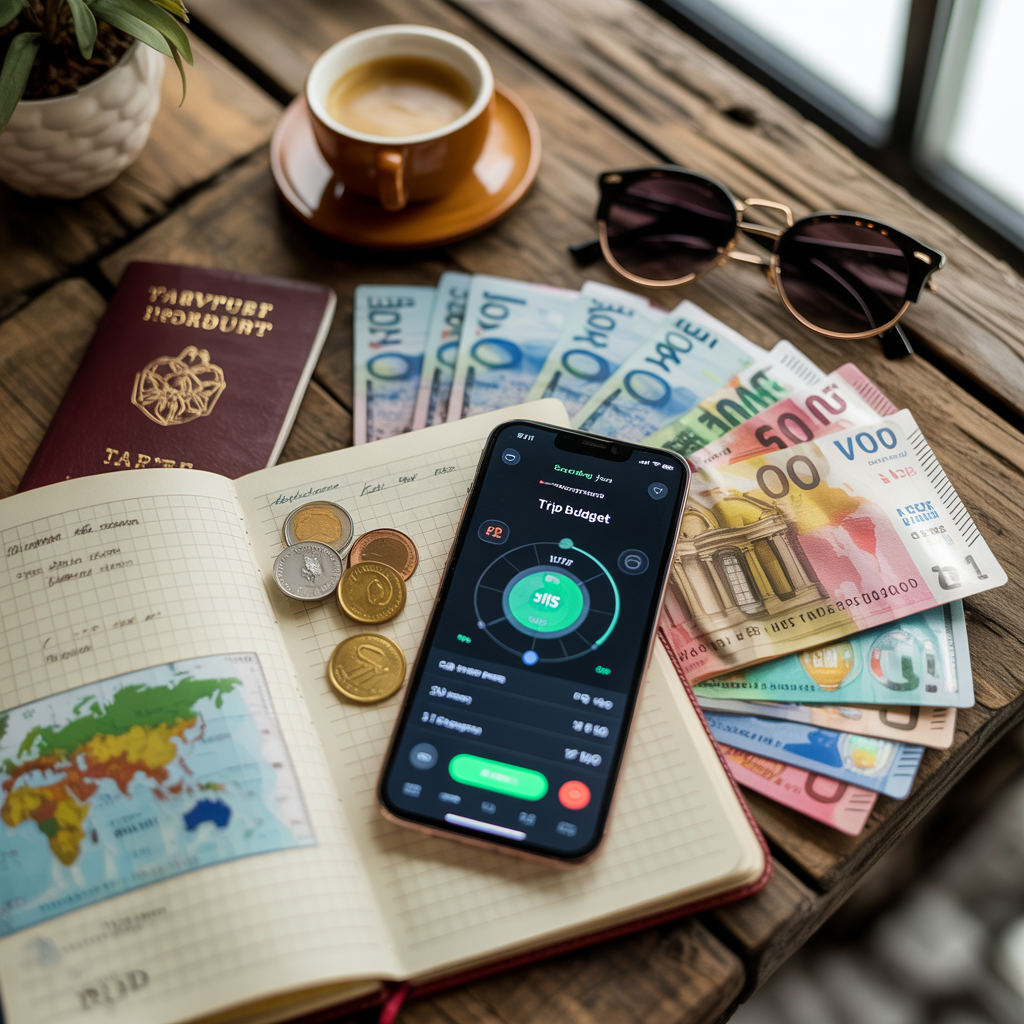The Future of AI for Digital Nomads: Predictions and Trends
Artificial intelligence (AI) has transformed industries across the globe, and for digital nomads, the impact is just beginning. With the increasing integration of AI in daily work processes, the future of AI for digital nomads is a topic that sparks curiosity and excitement. From streamlining remote workflows to enhancing creativity and productivity, AI promises to be an indispensable tool for professionals working from anywhere.
In this article, we will explore predictions and trends related to AI that are shaping the future of digital nomadism. We’ll look at how these advancements could revolutionize the way digital nomads operate, helping them navigate the complex landscapes of remote work, personal productivity, and business growth. From automation to personalized assistants, AI will redefine how we work while constantly evolving to meet new challenges.
The Rise of Automation and AI Tools for Digital Nomads
In the coming years, AI will significantly impact the future of work by automating repetitive and time-consuming tasks. Digital nomads, who often juggle multiple roles from managing finances to creative content development, will benefit immensely from AI-driven tools that allow them to focus on high-level tasks.
Automated software for project management, social media, and even customer service has already become a staple for many remote workers. With AI advancements, tools will become even more intuitive and intelligent, learning from user behavior and offering personalized suggestions to boost productivity. For example, tools like Trello and Notion are likely to integrate more robust AI features that anticipate user needs.
AI-Driven Content Creation and Creative Assistance
A major trend that’s expected to grow is the role of AI in creative fields, offering content creation support for freelancers and entrepreneurs. Tools such as GPT-based writing assistants (like OpenAI’s GPT-4) have already proven valuable for tasks like drafting blogs, creating marketing copy, and even generating code. As AI algorithms become more sophisticated, digital nomads will see more opportunities to streamline content creation across various media formats, from written work to video production.
Imagine an AI system that can analyze market trends in real-time, generate relevant content ideas, and produce polished drafts—all while you’re traveling between cities. The future of AI for digital nomads could turn these time-saving innovations into everyday realities, freeing up even more time for travel and personal development.
Pro Tip: Keep an eye on emerging AI platforms like Jasper AI for content creation that adapts to your unique writing style and brand voice.
Virtual AI Assistants for Enhanced Productivity
A growing number of digital nomads rely on virtual assistants to handle administrative tasks such as scheduling, email management, and invoicing. AI-powered virtual assistants are evolving rapidly, transforming from simple task managers to highly intuitive digital companions capable of coordinating complex workflows.
In the future, these AI assistants will likely become indispensable for digital nomads. Tools such as Cortana and Google Assistant are expected to develop even more predictive features, using machine learning to better understand user preferences. These tools could eventually take over the majority of administrative tasks, making it easier for digital nomads to focus on creative or strategic aspects of their work.

AI and the Gig Economy: Finding Freelance Opportunities
The gig economy has seen explosive growth, with platforms like Upwork and Fiverr connecting freelancers to clients globally. AI algorithms have already transformed these platforms by helping to match freelancers with clients based on skills, location, and project needs. But this is only the beginning.
In the future, AI could enhance the hiring process further by predicting job success based on past projects, ratings, and client feedback. For digital nomads, this means increased opportunities to find work that is perfectly tailored to their skills and preferences, without spending hours searching for the right gigs.
Additionally, personalized job-matching tools, driven by AI, will likely provide suggestions for upskilling to remain competitive in the ever-evolving remote work market. This type of predictive insight can help freelancers adjust their career trajectories based on emerging industry trends.
AI for Financial Management and Expense Tracking
Managing finances while on the road can be challenging, especially for digital nomads who work across different countries and currencies. AI-powered tools will revolutionize how digital nomads track and optimize their finances. For example, expense-tracking apps like Expensify and Wave already use AI to automate invoicing and categorize expenses. In the future, these tools will offer even greater functionality, predicting cash flow issues and offering tailored financial advice.
AI will make managing taxes easier as well. In fact, AI tax software is expected to be able to automatically adapt to changes in tax laws based on where a digital nomad is working. As tax codes become more complicated for those who live and work across borders, this feature will be crucial for ensuring compliance while reducing financial stress.
Explore: Check out TurboTax to learn more about how AI can simplify your tax preparation.
AI-Driven Language Translation and Cross-Cultural Communication
For digital nomads, language barriers can sometimes hinder productivity or limit client opportunities. With AI-driven real-time translation tools like Google Translate and DeepL, communicating across languages has never been easier.
The next leap in AI translation technology is likely to include more context-aware translations, which account for cultural nuances and regional dialects. This would help digital nomads work seamlessly with clients from different parts of the world, ensuring that nothing gets lost in translation. Moreover, AI tools will make it easier to adjust marketing messages or pitches to fit specific cultural contexts, expanding opportunities in new markets.
Ethical Considerations and Challenges with AI Adoption
While AI offers numerous advantages, it also brings ethical challenges that digital nomads must consider. Issues such as data privacy, algorithmic bias, and job displacement are relevant not only for digital nomads but for the broader workforce. Digital nomads should stay informed about these ethical dilemmas and how they might impact both freelance work and client interactions.
Another significant challenge is staying competitive in an AI-driven economy. As AI automates many routine tasks, digital nomads will need to focus on offering highly specialized services that cannot be easily replaced by machines. Developing unique skill sets and fostering creativity will remain essential for thriving in a world where AI plays a central role.
The Road Ahead for AI and Digital Nomads
Looking to the future, it’s clear that AI will be an integral part of the digital nomad lifestyle. From streamlining day-to-day tasks to opening up new opportunities in global markets, the future of AI for digital nomads is bright. However, staying competitive in this AI-driven landscape will require digital nomads to continuously upskill, adapt to emerging tools, and be mindful of ethical challenges.
By embracing the advancements in AI, digital nomads can not only work smarter but also explore more diverse and fulfilling opportunities, all while enjoying the freedom that comes with a location-independent lifestyle.













